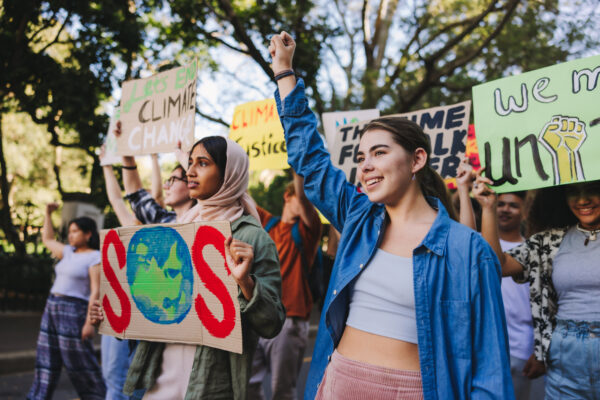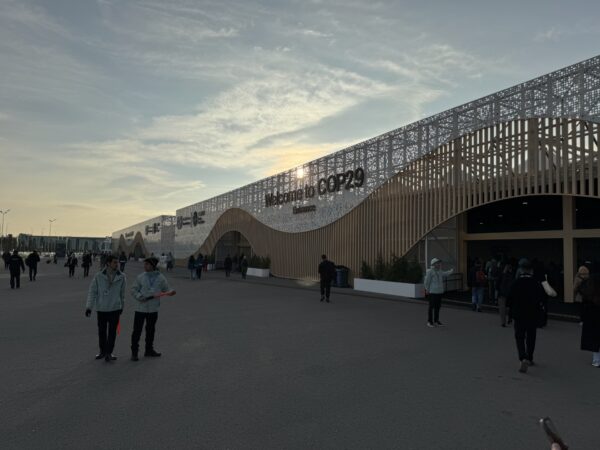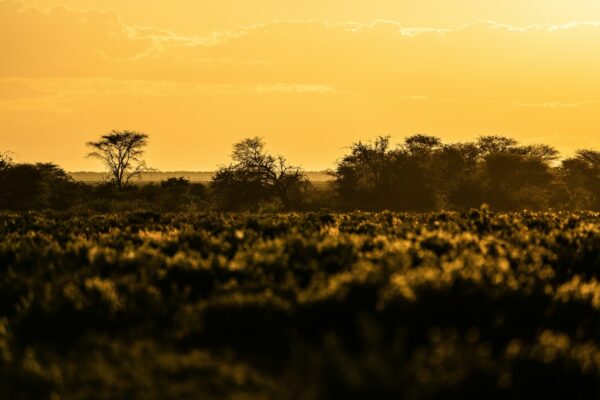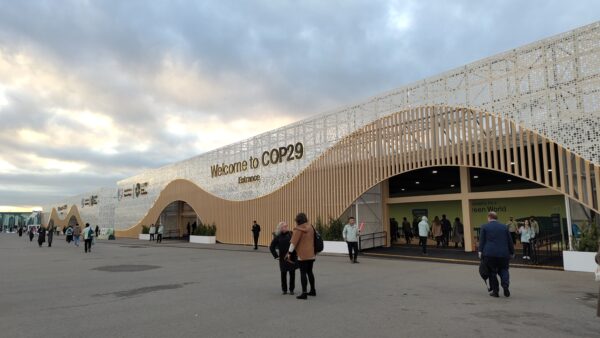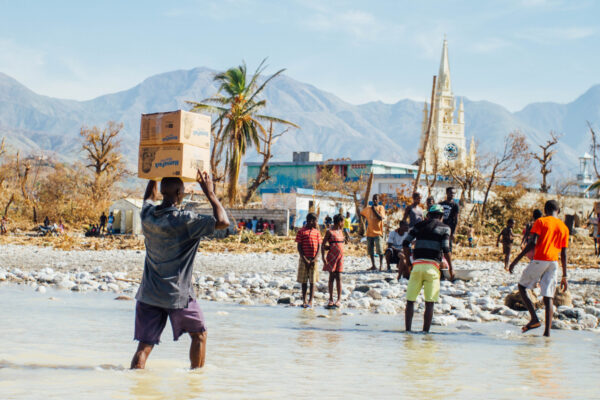Non-economic loss and damage: insights from the Pacific Islands
Rachel Clissold, Karen E McNamara, Ross Westoby and Alvin Chandra
In this guest comment, the authors of a new study on the non-economic dimensions of loss resulting from climate change in the Pacific tell us about their findings — and how vulnerable communities are responding to these losses.
Share

Pacific Islanders are already experiencing loss and damage in profound ways that negatively affects their health, ways of being, and connection to land. We investigated the non-economic dimensions of loss resulting from climate change – and how vulnerable communities are responding to these losses.
As climate change unfolds, its impacts cause grief and suffering through loss of life, infrastructure, livelihoods, wellbeing, place and culture. Discussions around “loss and damage” are gaining attention, both at the academic level and within the UNFCCC context.
Loss and damage – those impacts that can no longer be avoided or reduced – is already with us. In Vanuatu, extreme weather events are destroying crops and homes, and claiming lives. High tides, sea-level rise and storm surges are inundating homes, contaminating limited freshwater resources and washing gravesites into the sea in the Marshall Islands.
While there are over one thousand ways to experience loss and damage from climate change, policy makers and researchers have tended to focus on those that can be easily measured. However, it is often the less tangible or difficult-to-measure losses that can undermine and destroy entire societies and cultures.
Non-economic loss and damage (NELD) – in its simplest definition – refers to the loss of values that are not commonly traded in markets. Examples include loss of, and damage to, mental health, culture, way of life, biodiversity, or social cohesion.
Parties to the UNFCCC have successfully included consideration of non-economic losses in the ongoing work plan of the Warsaw International Mechanism on loss and damage under the UNFCCC. While policy discussions have progressed at the global level, research from specific regions are now catching up in identifying which losses matter to the most vulnerable.
In our recent paper, we look at understandings and experiences of, as well as responses to, non-economic loss and damage in the Pacific Islands – a region at the vanguard of loss and damage conversations.
We surveyed 42 expert stakeholders, who work in areas related to climate change, to understand their perspectives and experiences. Based on these stakeholder views, we identified eight dimensions of intangible losses that Pacific Islanders attach great value to. In doing this, we seek to build on the limited research on NELD in the Pacific region, so that NELD can be better planned for, rather than ignored for worse. In the future, looking more closely at laypeople’s views of NELD will help further unpack and refine these findings.
The Pacific non-economic loss and damage typology and its eight interconnected dimensions

Health and wellbeing – references the overall wellbeing cost of climate change, particularly for vulnerable groups. To focus simply on physical and mental health costs, while high, is not reflective of holistic understandings of wellbeing in the Pacific Islands – “if we are healthy then we must be physically, mentally, emotionally, socially and culturally healthy or fit”.
Ways of being – encapsulates the loss of non-tangible, value-based assets such as culture, heritage and language. This includes harm to “way of life” and how people are tied and relate to their surroundings. These concerns are likely to be felt across several generations, with many worried about how future generations will be able to maintain future ways of being.
Cultural sites and sacred places – includes losses to traditional and sacred grounds such as burial grounds and cultural sites. These have “no proper or standard value… but for us it is a very important place and it holds our cultural respect and beliefs”.
Indigenous knowledge and local knowledge – acknowledges that changing climate conditions threatens the reliability and continued application of some local knowledge – like “the use of flora and fauna as climate and weather indicators”.
Life sustaining tools – that is, the material manifestation of local knowledge such as fishing or planting techniques, cultural and social norms and the use of traditional plants. “Entire ways of life collapse when the material manifestations of deeply grounded Indigenous knowledge, science and philosophy are deleted by the effects of climate change”.
Biodiversity and ecosystem services – acknowledges that “climate change will slowly modify ecosystems and lots of species will no longer be able to live in the same place, populations will move, disappear or change and ecosystem composition will be different”. Due to intimate ties between people and environments, what follows is cascading impacts on people’s livelihoods, culture, knowledge and holistic wellbeing.
Land and sea – speaks to the prospect of being displaced or migrating and the concerns it has triggered about how this would affect Pacific Island cultures, ways of being, sovereignty and identity as these are “tied to my land and my ocean” and are “all connected and are one”.
What was clear was that these at-risk dimensions and aspects of life are deeply entangled and held in balance for Pacific Islanders: “We cannot value one over the other and be more concerned about one at the expense of the other – all are linked to each other”. Pacific Islanders understand NELD as occurring to a complex and deeply entangled socio-ecological system in which identity, culture and way of life is embedded.
Responding to impacts we can’t measure
Once lost, intangible values cannot be adequately compensated. But action can be taken. Our findings highlight the importance of knowledge and capacity-building in the region, stressing the role of education and training in preparing for impacts and coping with losses.
Other strategies included those that help protect the socio-ecological system as a whole, protecting and maintaining the interactions between people and the environment. This includes biodiversity and ecosystem conservation and restoration, as well as safeguarding Indigenous and local knowledge and supporting cultural continuity. Preserving intangible cultural heritage such as support networks and reciprocity are also crucial for resilience in the face of loss in the Pacific Islands.
Given what is at stake, we can no longer base our constructions of, and responses to, climate change on narrow views of the harm imposed, but rather understand its complex, interconnected and unbound nature. This means responding to loss in comprehensive ways that seek to protect, conserve and restore the entangled and complex socio-ecological system as a whole.
As the global community heads to the Glasgow United Nations Climate Change Conference in November, it is imperative that action and support on loss and damage in Small Island Developing States, including averting, minimising, and addressing non-economic loss, is at the heart of the COP26 negotiations.




